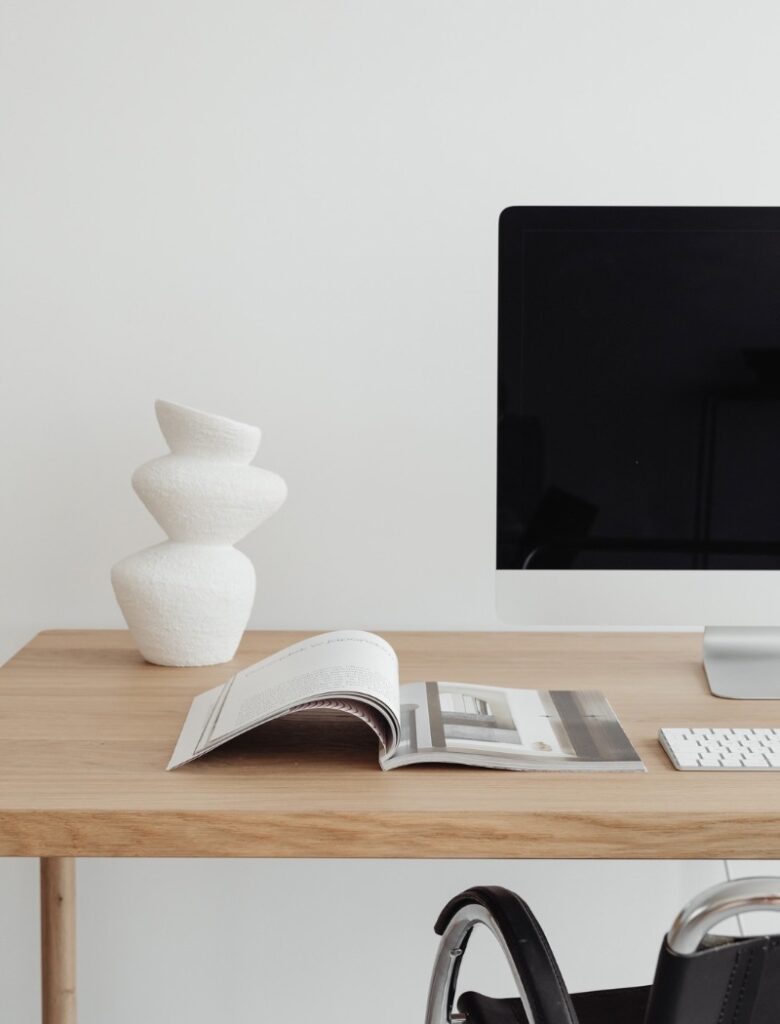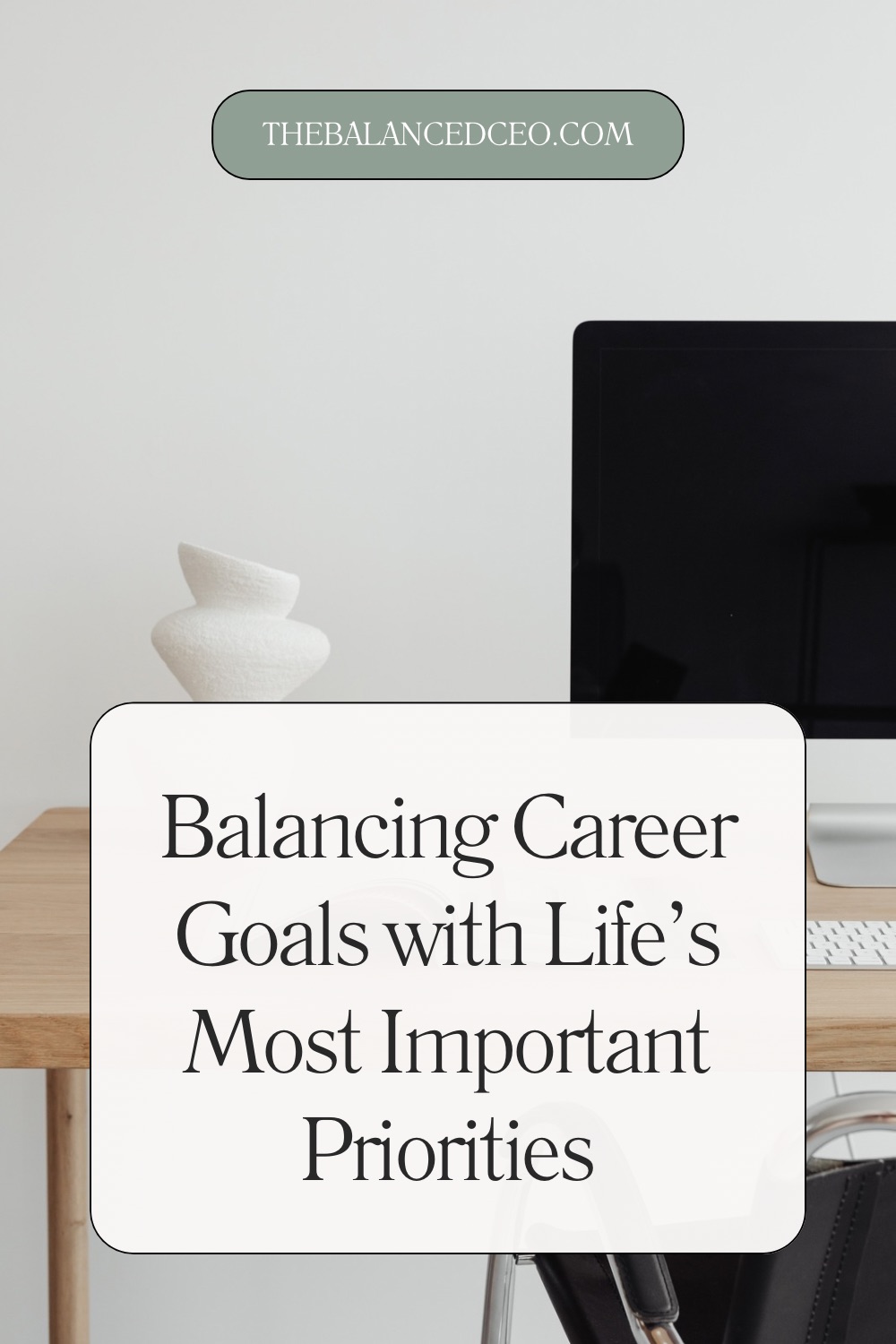This post may contain affiliate links, which means I’ll receive a commission if you purchase through my links, at no extra cost to you. Please read full disclosure for more information.

Balancing work goals with personal priorities can sometimes feel like walking a tightrope. On one side, there are deadlines, meetings, and ambitions to achieve career success. On the other side, there are personal commitments, relationships, and time needed for relaxation. Learning how to manage both without feeling overwhelmed is a skill that requires patience, practice, and the right strategies.
But by finding the right balance, it’s possible to feel more fulfilled, stay productive, and still make time for the things that matter most.
Start by understanding your priorities
Knowing what truly matters in life is key to balancing work and personal goals. Everyone has different priorities, so take some time to figure out which ones are most important. For example, some people value family time above everything, while others may prioritize personal growth or hobbies.
Once you understand your priorities, you can align your schedule with them, and setting boundaries is a big part of this process. That means saying no to things that don’t fit with what matters most. For instance, if family dinners are a priority, let coworkers know that evenings are off-limits for meetings.
Set realistic work goals
It’s easy to pile on too many tasks at work, thinking that more equals better. But unrealistic goals can quickly lead to burnout. Instead, focus on setting achievable targets that you can accomplish without stretching yourself too thin.
It’s a good idea to try and break larger projects into smaller steps to make them less overwhelming. For example, instead of tackling an entire report in one day, plan to complete it over the week and set milestones along the way. This way, you’ll have more time for personal priorities, and your work will be of higher quality.
Make time for yourself
Taking care of yourself is just as important as completing a big work project or attending a family event. Self-care often gets pushed aside when life gets busy, but it’s necessary for both your health and happiness.
Practicing self-care doesn’t have to be complicated. It can be as simple as taking a walk, reading a favorite book, or spending time with friends. Activities like self-love coaching or journaling can also help you connect with your emotions and figure out what you need to feel balanced.
Plan and organize your time
Good time management can make juggling work and personal priorities much easier. Start by creating a schedule or to-do list that includes both professional and personal tasks. This can help you see where your time goes and adjust it as needed.
Use tools like calendars or apps to stay on track. For instance, set reminders for important work deadlines and personal events so nothing gets forgotten. The more organized you are, the less stressful it will feel to manage everything.
Keep mental health in mind
Balancing work and personal life isn’t just about managing tasks; it’s also about maintaining your well-being. Stress and anxiety can creep in when there’s too much going on, so it’s important to pay attention to how you feel.
If you notice signs of stress, such as trouble sleeping or feeling irritable, take steps to address them. Talking to a friend, practicing mindfulness, or seeking help from a mental health professional can make a big difference. Prioritizing mental health helps you stay focused and energized.
Build a strong support system
No one has to do it all alone. Having supportive friends, family, or coworkers can help lighten the load when things feel overwhelming. Don’t hesitate to ask for help when you need it.
For instance, if work is piling up, see if a colleague can assist with a task. At home, family members can pitch in with household chores, freeing up your time for other things. A strong support system makes balancing priorities feel much more manageable.
Practice flexibility
Life doesn’t always go as planned, so it’s important to be flexible. Sometimes unexpected things will come up, and you’ll need to shift your focus. But that’s okay, because it’s all about finding balance. For example, if a last-minute work project needs extra attention, you might have to reschedule personal plans. The key is to adapt while remembering to circle back to your priorities later.
Conclusion
Balancing work goals and personal priorities takes effort, but it’s worth it for a happier, healthier life. By understanding your priorities, managing your time, and focusing on self-care, you can create a balance that works for you. Remember, it’s okay to adjust and ask for help along the way. Balance isn’t about perfection–-it’s about making space for what matters most.





Leave a Reply